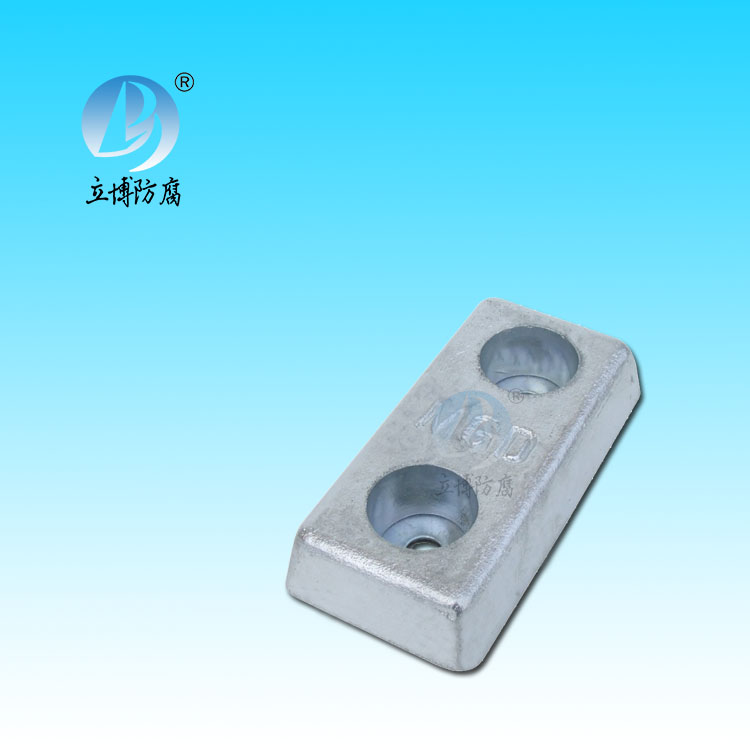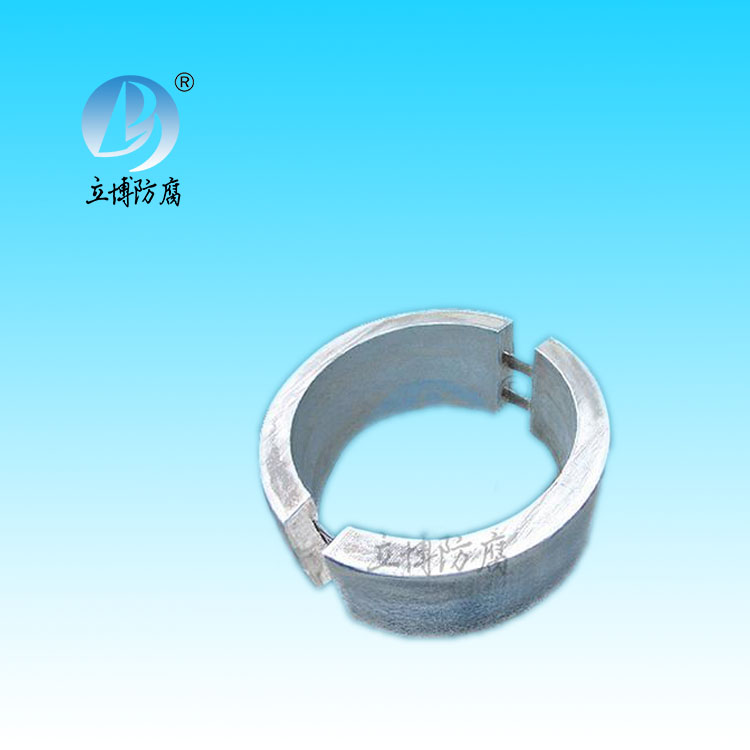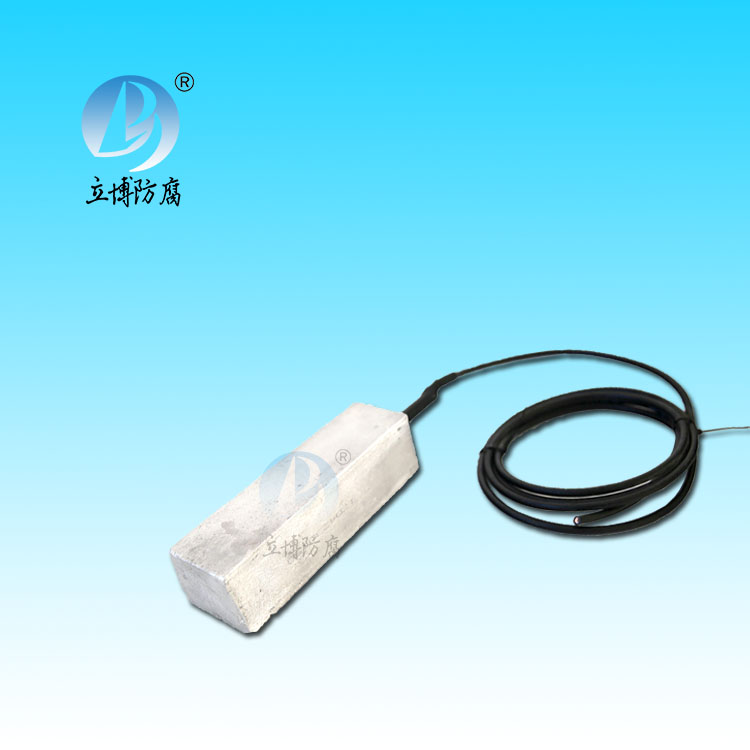News
News
- What is a sacrificial anode
- Basic requirements for reference...
- What does the reference electrode do...
- Why are zinc blocks attached to the ...
- What is the principle of impressed...
- What material does metal structure...
Contact
Phone:18739187123
hotline:0391-7588881
E-mail:970512272@qq.com
Address:Wuzhi County, Jiaozuo City, China
Industry News
Cathodic protection of deep well anode impressed current for long distance steel oil pipeline
- Author:Libo
- Source:wwww.voypictures.com
- Date:2021-06-11
- Click:0
Deep well anode system is a forced current cathodic protection installation. In this system, anodes are arranged in specialized or existing boreholes that extend vertically down from the earth's surface, completely or partially at an electrical remote location.
Deep well anodes can provide effective cathodic protection for underground pipelines, storage tanks, oil refineries, power plants, sewage treatment plants, steel pile structures and oil well casing, etc. It is suitable for areas where the surface soil resistivity is very high, or where the soil layer is shallow and there are high resistivity soil conditions below, despite the relatively low resistivity.
However, the strata protruded must have sufficiently low resistivity to be suitable for the installation of deep well anodes. The deep well anode can emit a certain amount of current when the appropriate voltage is applied. Installing anodes in deep strata with low resistivity results in a very uniform current distribution along the structure compared to topsoil. Even if the surface soil is perfectly suitable for shallow buried anodes, deep well anodes are more suitable for densely constructed areas. Because shallow buried anodes are difficult to place, they must be placed far away from the protected pipeline and other structures.
The maximum anode current can be uniformly discharged by installing multiple anodes in a carbon packed column. The highly dense carbon filler in the anode bed of deep well can discharge the maximum current from the anode surface, thus increasing the life of the anode. Because of the high probability of encountering groundwater, it is possible to obtain minimum loop resistance. A properly installed ventilation system minimizes the risk of air resistance and facilitates wetting of the anode bed with potable water. The low loop resistance of this anode system minimizes power consumption costs. In areas with external underground structures, a maximum output current of 30A for deep well anodes is recommended.
Design considerations:
1. Soil resistivity:
Deep soil resistivity can be determined in several ways. Soil resistivity can be measured by the quadrupole method. When the quadrupole method is used to measure soil resistivity at deep depths, the electrodes inserted into the soil cover a large area. This requires a large open area. In order to obtain accurate measurement results, the measuring electrode must be placed in a place free from any underground structures. These underground structures can absorb or expel some of the test current and can mess up the geometry of the measured power plant. It is often impractical to use the quadrupole method to measure soil resistivity at sufficient depth in urban areas.
2, the size of the anode well:
An average deep well has an anode depth of 50-500 m. The final depth of the anode well is determined by the main formation structure near the designed well location. Deeper anode systems provide better remote results and greater protection range, and can be installed with more anodes to increase system life.
3. Exhaust pipe:
All deep well anodic systems shall take measures to discharge anodic gases to the atmosphere. Lack of exhaust measures can lead to anodic resistance and ultimately system failure. Air ducts are usually fitted for venting. The exhaust pipe has air holes where it passes through the active section of the deep well anode and is non-porous where it passes through the inactive section.
4, anode suspension system:
The standard installation method is to place each anode downhole using a cable attached to the anode, hang it at an appropriate depth, and strap it in place at the surface. This method allows the anodes to be positioned in a low resistivity soil layer.
Some deep well beds use rope, steel pipe or exhaust pipe as an open supporting system to fix the anode to eliminate the stress on the anode cable.







 客服QQ
客服QQ